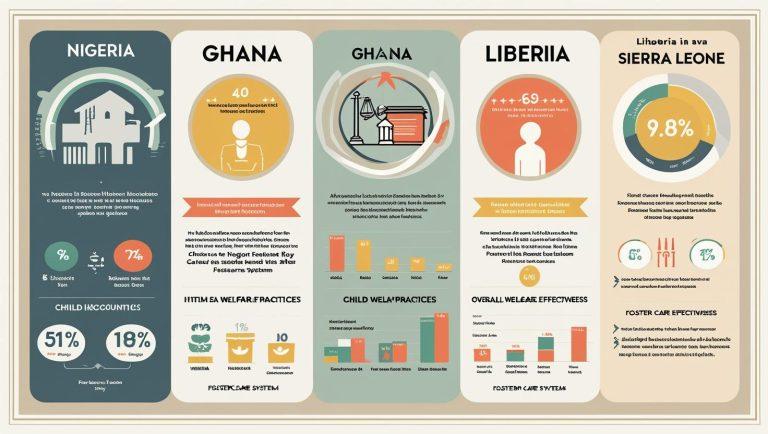Adoption in Africa is a deeply personal and life-changing journey, but it can also be legally complex. Each African country has its own laws, residency requirements, and safeguards. Below, I address the most frequently asked questions about adoption in Africa.
Some are members of the Hague Adoption Convention (an international treaty that standardizes intercountry adoption), while others rely only on national laws.
❓ Can I adopt from Nigeria?
Yes — adoption is legal in Nigeria, but procedures differ across states. Most states require adoptive parents to be at least 25 years old and 21 years older than the child. Some allow single parents, while others don’t.
Foreigners may need to live in Nigeria for at least 1 year before adoption. All adoptions must go through the state ministries of women’s affairs and the courts.
❓ Can I adopt from Ghana?
Yes. Ghana is a Hague Convention country, which means adoptions are carefully regulated. The Department of Social Welfare oversees the process. Parents must be at least 25 years old and 21 years older than the child. Married couples apply jointly, and documents like police clearance, medical exams, and a home study are required.
❓ Is adoption from Ethiopia still possible?
No. Ethiopia suspended international adoptions in 2018. Domestic adoption is possible, but foreign parents cannot adopt Ethiopian children at this time.
❓ Can I adopt from Kenya?
Yes, but the process is strict. Kenya’s Children’s Act (2022) sets out new rules. Adoptive parents must be 25–65 years old with a 21-year age gap from the child. Foreigners are often required to foster the child in Kenya for a set period before the adoption is finalized. Intercountry adoptions have been restricted in recent years — always confirm the latest rules.
❓ Does Uganda allow adoption?
Yes, but foreigners must first live in Uganda with the child for at least 12 months before adoption is finalized. Parents must be at least 25 years old and 21 years older than the child. Many families start with legal guardianship orders before moving toward full adoption.
❓ Which African countries are Hague Convention members?
Some African countries are part of the Hague Adoption Convention, which provides clearer international adoption safeguards. These include:
• West Africa: Ghana, Benin, Mali, Burkina Faso, Senegal
• East Africa: Rwanda, Burundi
• Southern Africa: South Africa, Lesotho, Eswatini
• North Africa: Morocco, Tunisia
Being a Hague country doesn’t automatically mean adoption is “easy,” but it does mean the process follows international protections.
❓ Do I need to live in the country before adopting?
It depends:
• Yes in countries like Uganda (12 months) and Tanzania (3 years).
• Sometimes in Nigeria (varies by state).
• Not required in Hague countries like Ghana or Benin (though Hague procedures apply).
❓ What documents are usually required?
Across most African countries, you will need:
• Passport & ID copies
• Birth & marriage certificates
• Medical reports
• Police clearance
• Home study by a licensed social worker
• References (character / financial)
• Consent from spouse (if married)
❓ How can I avoid illegal adoption or child trafficking?
• Only work with licensed agencies or central authorities.
• Never give money directly to a family to “adopt their child.”
• Make sure a court order is issued in the child’s home country.
• Ask for official birth and parental consent documents.
Adoption in Africa is possible, but every country has unique rules. Always check whether the country is a Hague member, confirm residency requirements, and work only with accredited authorities.





